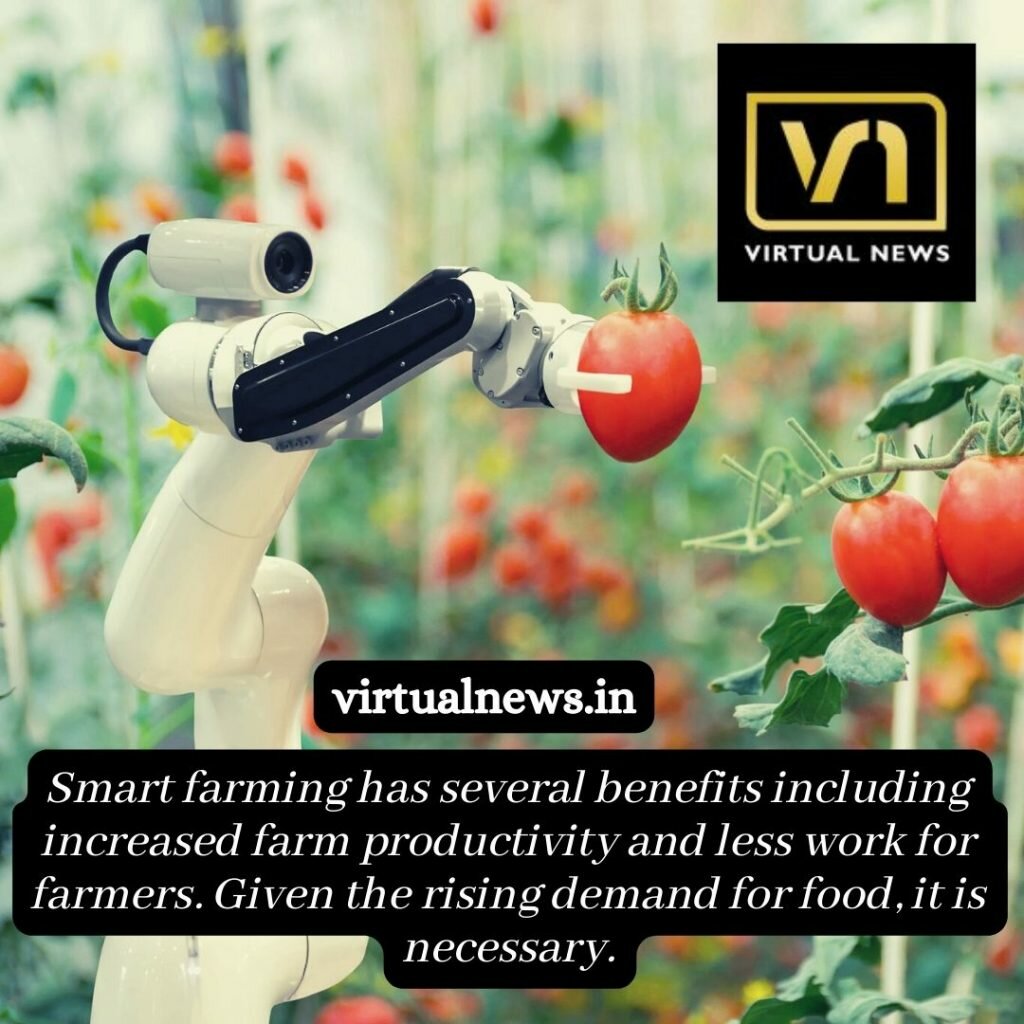All about smart farming
Nearly every sector can be improved thanks to the Internet of Things (IoT). IoT in agriculture is fundamentally altering the way we think about agriculture in addition to offering solutions to frequently time-consuming and tiresome jobs.
The term “smart farming” refers to the management of farms using contemporary information and communication technologies to improve product quality and quantity while minimizing the need for labor-intensive human labor.
With the aid of contemporary instruments, farmers may keep an eye on field conditions and decide on a strategy for the entire farm or a single plant without ever having to set foot in the field.
IoT, which connects devices and sensors installed on farms to make farming processes data-driven and automated, is the driving force behind smart farming.
The advantages of smart farming
Product quality can be raised by intelligent farming. Drones equipped with sensors can collect data on the soil’s fertility and nutrient level. Smartphone access to this data enables farmers to use AI to make deliberate judgments that are accurate.
Farmers who practice smart farming can save a lot of time because they will need to visit the field less frequently than those who practice traditional farming methods. Useful farming methods reduce the amount of time spent on boring chores.
It is useful not only for agricultural fields but also for managing animals. Additionally, as the world’s population grows, so will the demand for food. By increasing agricultural productivity, smart farming will contribute to achieving global food security.
The challenges of smart farming
Some farmers, particularly small farmers, cannot afford the equipment required for smart farming. An ongoing internet connection is necessary for smart farming. Some places lack internet access, while in other others it would be too expensive to establish a 24-hour connection. Therefore, this could lead to a new type of inequality.
In particular for agricultural laborers who lack access to land, smart farming will lead to job losses as well as new employment opportunities. It is difficult to give vulnerable people new employment opportunities and to teach them modern, in-demand skills.

